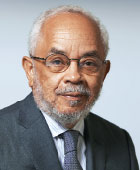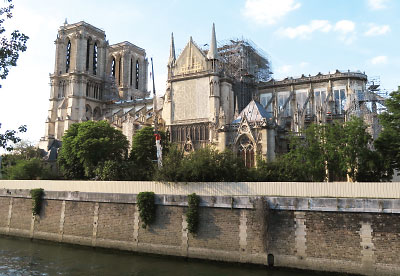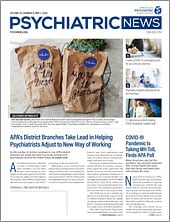In The New Yorker of March 30, Jill Lepore started her narrative about the devastating effects of plague and other epidemics with a harsh reminder: “Stories of epidemics are stories of language made powerless.”
My fable of contagion is no different, although it starts with me, sitting peacefully in a Barbados Anglican church in early March, enjoying a Sunday morning service. The sunlight streamed through the large windows, and I could hear roosters crowing in the country churchyard. I realized that the rector was explaining two new diocesan decisions related to COVID-19. In administering the Holy Eucharist, priests would distribute only the bread, and there would be no wine to celebrate the gift of His blood. The communal chalice was forbidden. Additionally, the handshakes and hugs that occurred after the priest intoned “May the peace of the Lord be with you” would be no longer permitted. COVID-19 had struck, with little fuss perhaps, but with immeasurable impact. Some days later, the authorities closed sacred spaces, part of the strategy of keeping us apart and blunting the nefarious effects of this virus.
I perceived this transformation of the sacred space as violent, even though I understood the public health rationale of interrupting contagion. It reminded me of my feelings a year ago when fire destroyed a part of the Notre Dame Cathedral in Paris. When sacred spaces that highlight the inherent beauty and peace around us are suddenly absent, it feels destructive and pointless. The absence means no preaching, singing, resting, meditating, reading of the Word, or even complaining; my sense of community was shocked.
I read a striking report in the March 27 Le Monde by Raphaëlle Bacqué and Ariane Chemin that described the outcome of a religious Lenten retreat organized by the Open Door Christian Church, an evangelical Protestant movement. About 2,000 individuals attended the meeting in Mulhouse, France, between February 17 and 24. By February 24, several attendees started complaining of flu symptoms, and they tested positive for the virus. Many were hospitalized, and several died.
In another account in the April 11 Le Monde, Gérard Méjean and Solenn de Royer talked of a group of 11 Capuchin monks still operating in a French monastery. After a predatory visit by this virus, six now remain. These examples of gratuitous attack on sacred spaces fall, my friends tell me, into the category of theodicy. That is where the learned inquire about God’s place in all this suffering, and we question God’s silence and whether He has abandoned us or is mocking and punishing us. It is where we cry, “How long, O Lord, how long?”
Believers aren’t just frightened by the onslaught of the pandemic. There is a surreal fear that comes from an inability to contend with God’s silence as we seek dialogue. Pugnaciously questioning Him leaves me feeling guilty and helpless. Inevitably, I give up and conclude that my arms are too short to box with God. In this instance, too, science offers no simple solutions. Uncertainty is rampant. Respiratory distress syndrome is a theoretical conundrum. Statistical curves are being flattened and sharpened and interpreted differently by academic groups.
I like the question I heard framed by a preacher in an Easter Sunday service that was streaming from an empty New York City church. “What do we do with the suffering?” The answer came from a pastor friend who told me patiently that I need faith and should put God in control amid the confusion. The friend also pointed out that I should understand God’s role in helping us medical professionals contend with COVID-19. While I ponder these deep matters of theodicy, I keep putting energy into improving the beneficent nature of the new spaces we are occupying. I can see the special beauty and simplicity in caring for neighbors. I hope this melding of the religious and the physician will get us through.
A Catholic psychiatrist told me of Teilhard de Chardin’s prayer “Patient Trust”: “Above all, trust in the slow work of God …” and give Him the benefit of believing that He is leading us. ■


